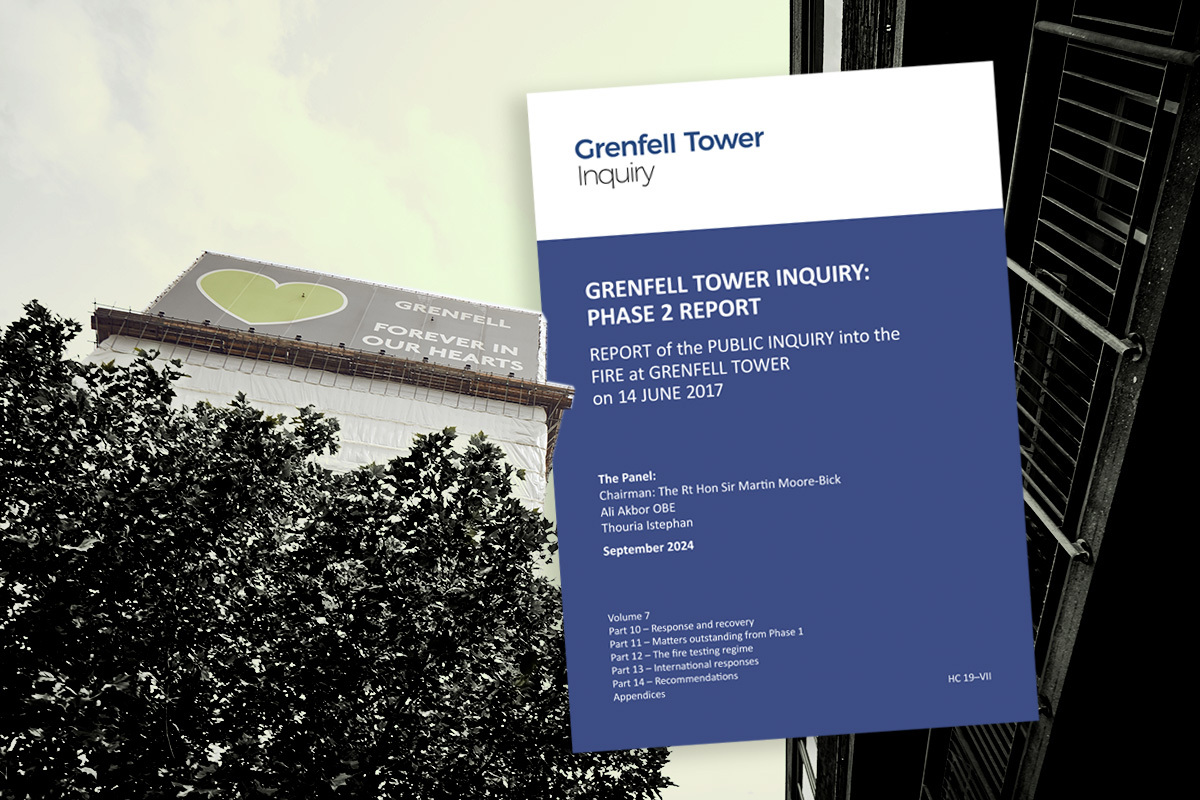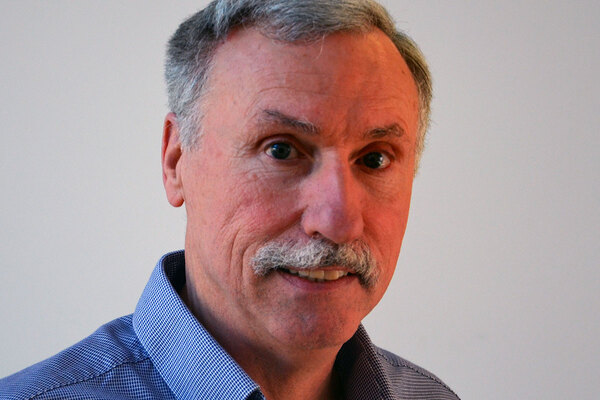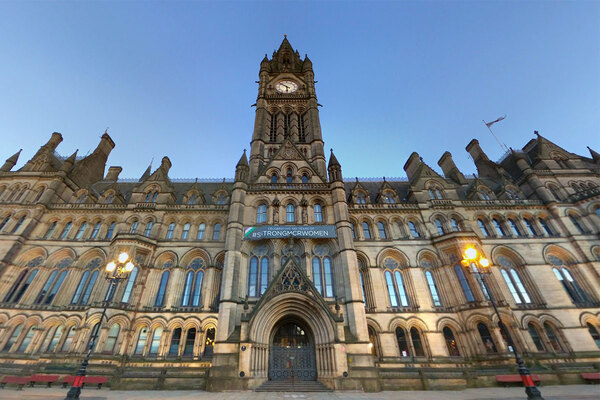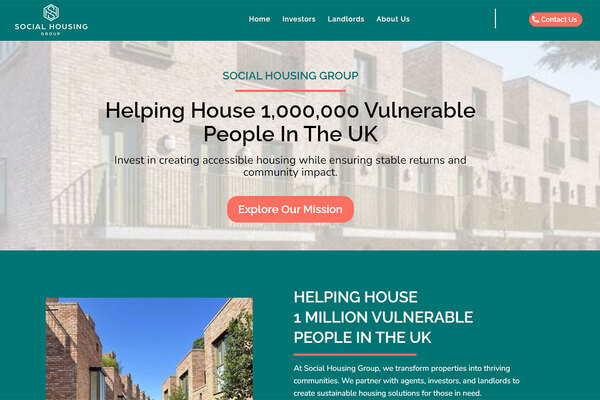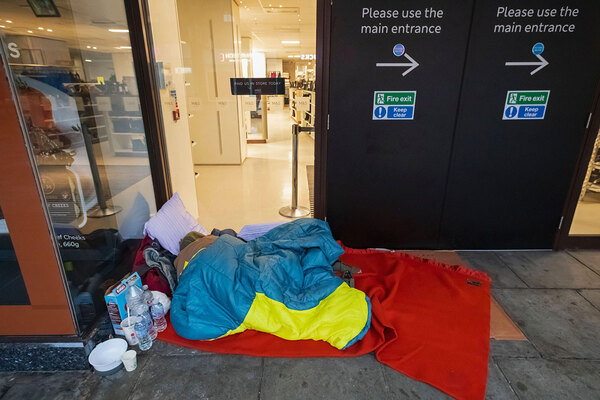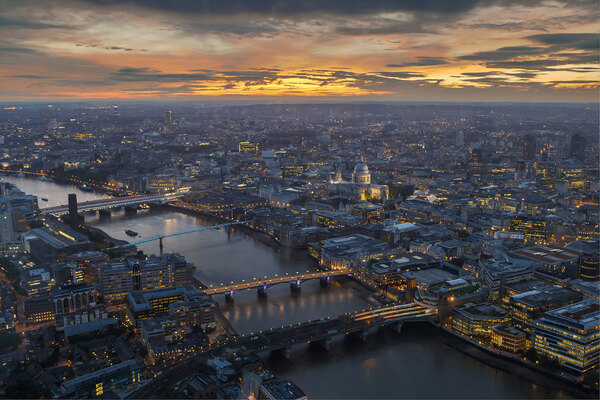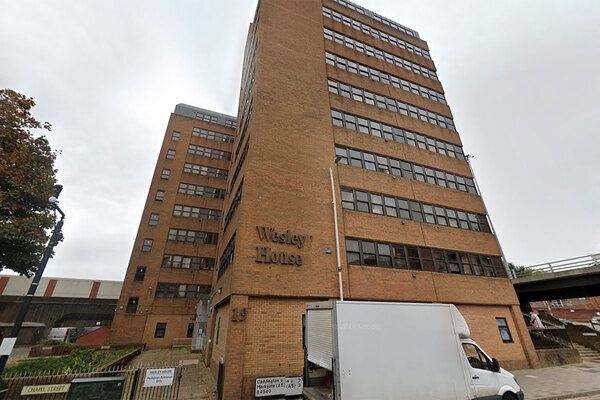You are viewing 1 of your 1 free articles
Sector ‘reticent to put its house in order’, Dame Judith Hackitt tells building safety conference
Dame Judith Hackitt questioned why the housing sector is “so reticent to put its house in order” when it comes to building safety and “continues to wait for other people to tell you what to do”.
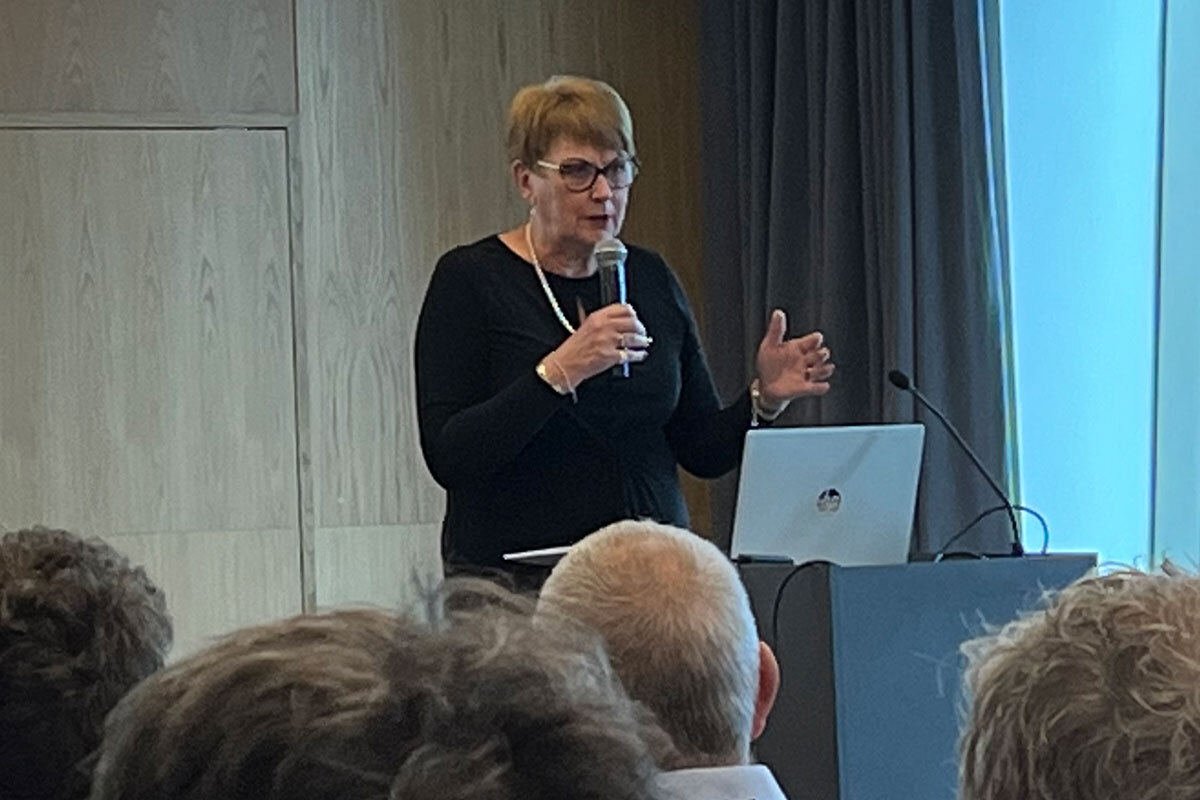
During a keynote speech at law firm Devonshires’ Building Safety Act Conference on Wednesday, she told delegates “it is now time for action” and urged the sector to start rewriting fire safety guidance itself.
In May 2018, Dame Judith published her much-anticipated Building a Safer Future report, which called for an overhaul of the regulatory regime for tower blocks.
The report was set up to review regulations after the Grenfell Tower fire. In it, Dame Judith criticised the construction industry for engaging in a “race to the bottom”.
The report said current building regulations were “not fit for purpose” and put forward a number of recommendations, including the creation of a joint competent authority to oversee better management of safety risk in buildings.
The government’s latest figures showed that remediation work has not yet started on half of the housing blocks that have unsafe cladding.
Overall, of the 4,630 residential buildings standing at 11 metres or higher that have unsafe cladding, 2,331 have not started remediation as of the end of July 2024.
At the conference, Dame Judith set out where she thinks the sector is in terms of building safety progress since the Grenfell disaster and what needs to happen from here.
Referring to the recent fire at a block of flats in Dagenham, which happened a week before the second and final report from the Grenfell Tower Inquiry was published, she said it showed that lessons have been learned in that “everyone got out alive”.
“The effect on the building was very similar, but the consequences were very, very different,” she said.
Dame Judith told delegates that the second Grenfell Inquiry report is a “truly damning record of the failures in government, by regulators, by industry and many, many others over decades”.
But she added: “What worries me enormously in the three or four weeks since its publication is when I start to hear people say, ‘We got off lightly, we didn’t get fingered by it’.
“That report pointed the finger very clearly at every single one of us in terms of how we have failed and how we need to step up.”
Dame Judith said the inquiry made “extensive” recommendations, some of which have been done, others in part.
“But what’s very clear is that it confirms yet again that need for a fundamental culture change within industry, recognising that need to do the moral and ethical right thing, that focus on delivering safety for residents.
“And that mantra is not going to go away anytime soon, and I would suggest it never should,” she said.
She acknowledged that the sector has many other things to “worry about” since the disaster, such as the coronavirus pandemic, Brexit, political uncertainty, inflation and reinforced autoclaved aerated concrete.
But she said it “cannot be the case that the things that have happened since Grenfell, since my report, fall off the edge of the table because other things have come along”.
“We need to find a way to pull it all together. For me, it is about aligning building safety with quality and resilience.
“It’s about our collective responsibility to do all of those things and recognise that we’re in this for the long haul and for the long term, and to recognise that every element of every building is important and everyone has a role to play,” Dame Judith said.
She stated that the pace “needs to speed up”.
“We need to up the game on quality assurance, that must be obvious to everyone. We also need to up the game on competence,” she said, also highlighting the importance of resident engagement.
She said that because of the Building Safety Act, “we need to get much more rigorous and methodical about design, change management and record-keeping”.
“We need to use experts appropriately, which means listening to them, but it also means involving them early enough in projects so that their advice can be incorporated into the design, not asked to fix things after it’s too late,” Dame Judith said.
“We’ve created a system that ensures that there is an incentive to do it right and get it right, and one that is going to penalise those who persistently try and game the system, or put their heads in the sand and say, ‘This is all too difficult. I can’t do it.’”
One of the recommendations of the Phase 2 inquiry report was to review Approved Document B – the building regulations guidance covering fire safety – and have a revised version in place as soon as possible. This should include a reconsideration of the total reliance on the ‘stay put’ advice
Dame Judith asked delegates whose job it should be to rewrite the guidance.
“Is it government’s job to tell you what to do? If this was any other industry sector I was talking to, they would have already got started themselves on rewriting Approved Document B.
“I genuinely don’t understand why this sector is so reticent to put its own house in order and continues to wait for other people to tell you what to do,” she said.
She added: “It’s time to start doing rather than continuing to attend conferences to find out what it is you need to do. It is now time for action. It’s important to recognise that that constant call for more detail from the regulator may not come because of the nature of the regime that we now have in place.
“Yes, I think you will get help from the regulator in the form of better guidance on what good looks like, but it will not be in the form of a sort of prescription you’ve been used to in the past. So there is a real need… to work through some of that for yourselves and put it up to the regulator to say, what do you think of this? Is this good enough?
“And that will require breaking out of silos, working collaboratively within the industry, ensuring that everyone that you take on is doing their bit and they understand what their bit is.”
Sign up for our fire safety newsletter
Already have an account? Click here to manage your newsletters

